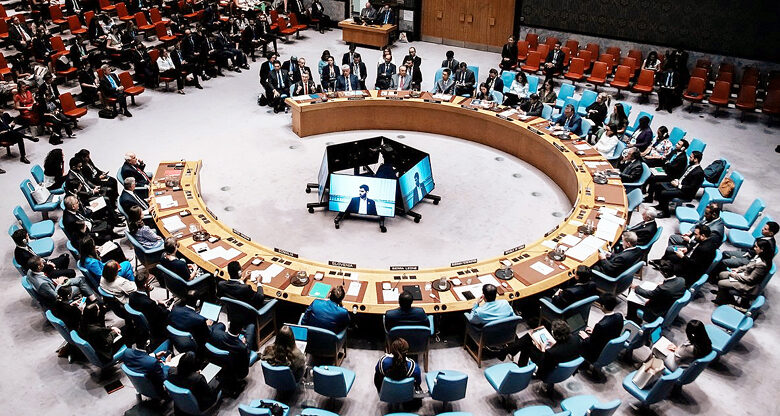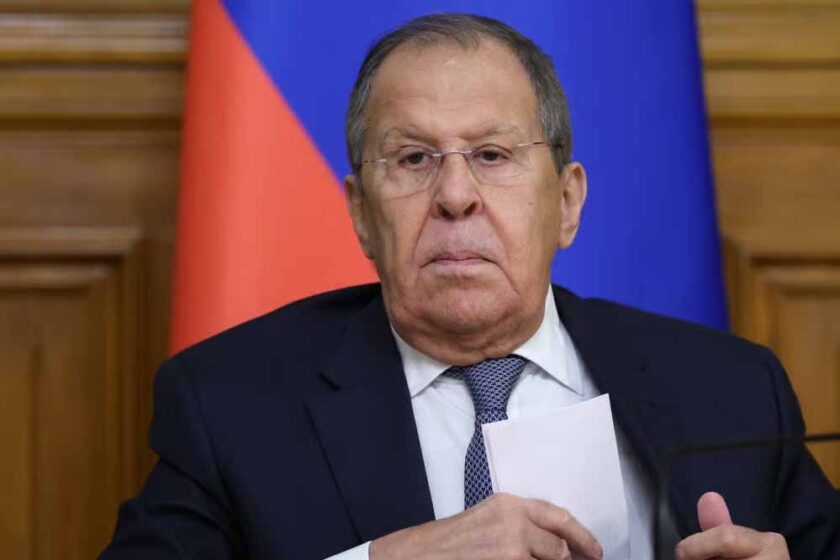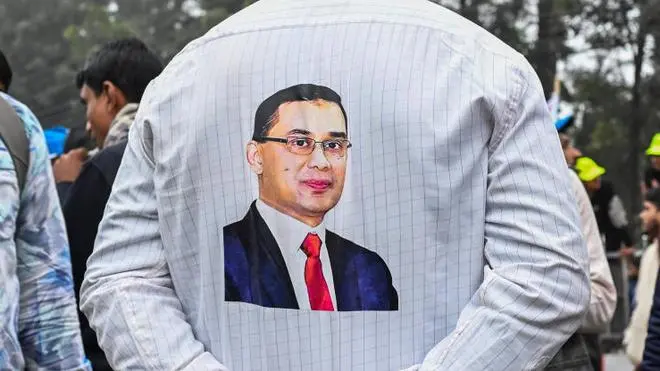Geneva: October 24 marks United Nations Day, a moment to reflect on the organization’s enduring mission to uphold peace, equality, and cooperation among nations. Established in the aftermath of World War II, the United Nations (UN) was envisioned as a guardian of global harmony — to ensure that no nation overpowers another, that territorial integrity is respected, and that humanity collectively strives for peace and development.
However, in today’s complex geopolitical environment, questions are being raised about the waning influence of the UN. The ongoing Russia–Ukraine conflict, the Israel–Palestine war, America’s aggressive foreign posturing, and China’s expansionist policies underscore the organization’s limitations in curbing global conflicts. Despite its noble foundation, the UN often appears powerless before major powers such as the United States, Russia, and China.
The journey of the UN began with the Atlantic Charter of 1941, which affirmed the right of all states to self-governance and equality. Following this, 26 countries signed the Declaration of the United Nations in 1942, and by June 1945, representatives from 50 nations met in San Francisco to finalize the Charter. On October 24, 1945, the United Nations officially came into existence.
Since then, the UN has worked through its specialized agencies to maintain international peace, promote economic and social progress, protect the environment, assist in humanitarian relief, and safeguard the rights of women and children. Yet, it has also witnessed glaring failures — from its inability to prevent wars that have displaced and killed millions, to its limited success in halting the arms race during the Cold War. The world, once again, stood on the brink of a third global war, averted only by the realization that nuclear conflict would mean total destruction.
Despite its shortcomings, the UN has played a crucial role in promoting disarmament, dialogue, and diplomacy. The absence of a third world war is, in many ways, a testament to its mediating presence. While smaller conflicts persist across continents, the UN’s framework has ensured that large-scale destruction remains averted.

Beyond peacekeeping, the organization’s impact is visible in its developmental and humanitarian initiatives. The United Nations Development Programme (UNDP) serves over 140 nations, working to eradicate poverty, reduce inequality, and strengthen institutional frameworks for sustainable growth. Similarly, UNICEF continues to champion children’s rights, fighting against poverty, disease, and discrimination while building safe and nurturing environments for future generations.
As the world navigates the 21st century’s pressing challenges — climate change, migration crises, and growing inequality — the United Nations remains as relevant as ever. Though its effectiveness is debated, its ideals and mechanisms for global cooperation remain indispensable.
Even after 78 years, the UN stands as humanity’s best hope for consensus in an increasingly divided world. To sustain peace and shared progress, nations must not only reform and strengthen the organization but also reaffirm their faith in its founding vision — a world governed by justice, mutual respect, and collective responsibility.










